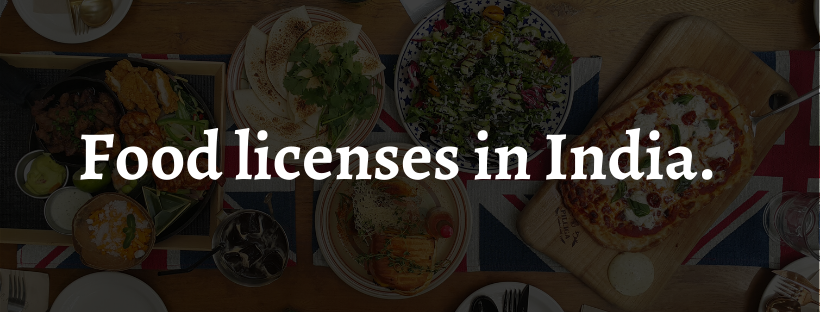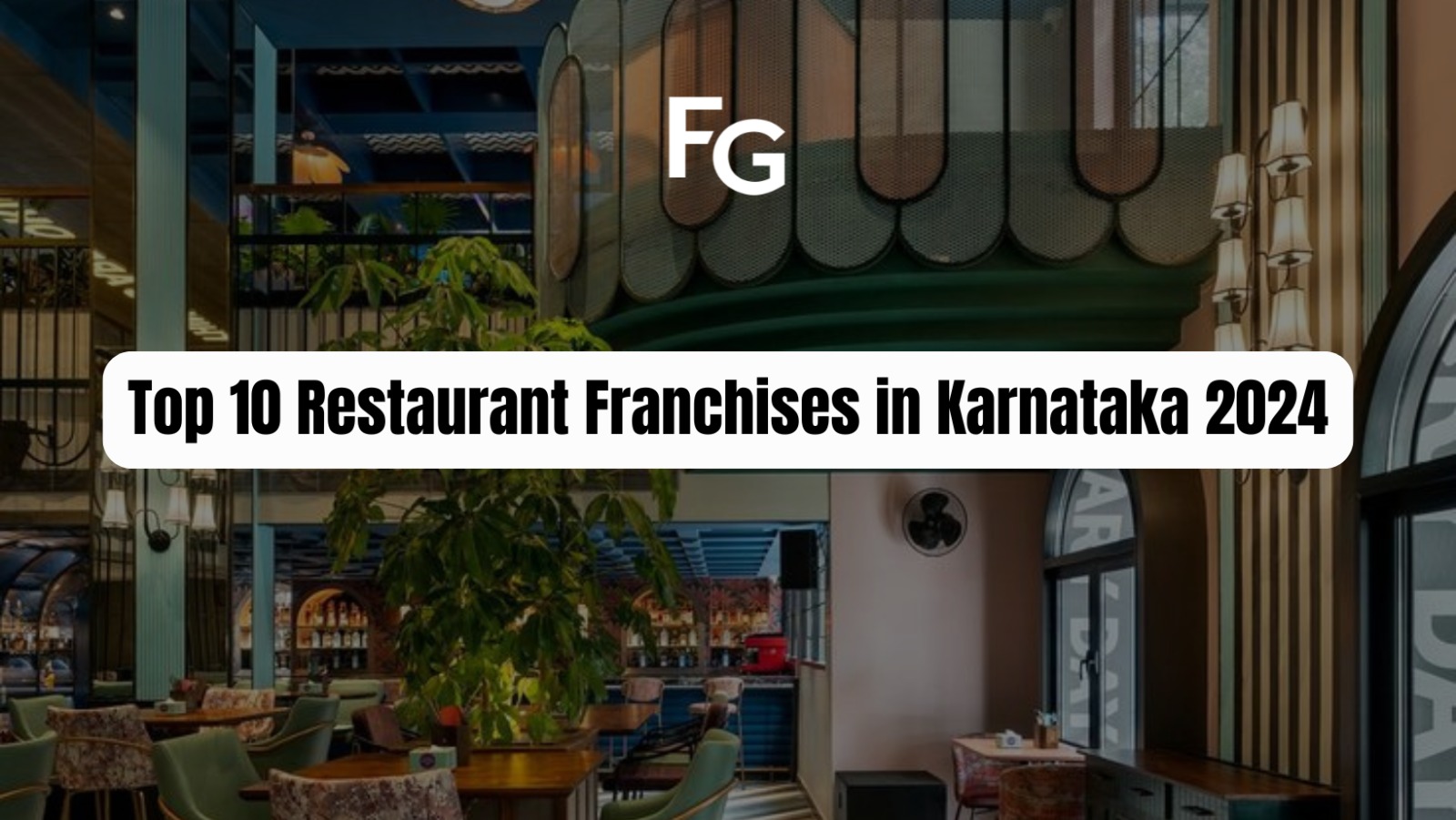

The Food & Beverage industry is one of the most lucrative businesses in India. The high profits and steady increase in the number of businesses in both the Quick Service Restaurant (QSR) sector and regular restaurants have only added to its growth. Many ambitious entrepreneurs started in this industry and have made a mark for themselves today.
However, it is not as easy as it looks. Apart from the (significant) capital it would require, opening a food business requires some serious legal work.
Whether it is a café, bar, restaurant, home delivery, food truck, or even a franchise outlet, all of them require proper licensing before commencing operations. For regularity’s sake, we shall henceforth assume them all to be under the umbrella term of ‘restaurant’.
The following are the licenses needed to open and run a food business.
- Food safety license: Every restaurant in India is required to be licensed under the Food Safety and Standards Authority of India (FSSAI), as per Section 31(1) of the FSS Act, 2006. The licensing and registration procedure and requirements are regulated by the Food Safety & Standards Regulations, 2011. To attain this license, a prospective restauranteur will require the following documents.
Identity Proof, Proof of Address, Valid Email Id, Phone Number, Affidavit, Declaration of Food Safety Management Plan, Kitchen Layout Plan, List of Food Category, Water Testing Report (from ISI approved Facility), No Objection Certificate (NOC) from the owner/partner, and Medical Certificates of all the employees.
However, the FSSAI license, upon being obtained, paves way for getting many of the other licenses with comparative ease.
- Health/Trade license: According to the 11th schedule of the Municipal Corporation Act (1957), a Health/Trade license (also called Municipal Authority license) is compulsory for running a food place. The license is issued by the local civil authorities of the area (concerned municipal corporation), granting the licensee permission to run/continue a specific business at a specific address. It ensures that the population of the city is not adversely affected by any health hazards, and there is no improper carrying of trade.
- Eating house license: Issued by the Licensing Police Commissioner of the city, the Eating House license allows a restaurant to serve people food on its premises.
- Liquor license: If your restaurant serves liquor, you must have this license beforehand. This can be obtained from the local Excise Commissioner.
- Fire license: It must first be ensured that the restaurant is in compliance with all fire safety guidelines. Thereafter, an application has to be submitted to the chief fire officer for attaining a No Objection Certificate (NOC). In case there is a delay in carrying out the inspection or issuing of fire safety guidelines or NOC after the inspection has been carried out, the department does not levy any fine.
- Pollution certificate: Issued by the local authorities, a pollution certificate ensures the moral duty of a restaurant by keeping the pollution index under control.
- Music license: As much as the customers and owners both like having music play in the house, it also requires a license. Issued by the Phonographic Performance Ltd. (PPL), it is a prerequisite under the Copyright Act of 1957.
- Certificate of Environmental Clearance (CEC): For this, the restauranteur has to fill and submit a questionnaire to the Ministry of Environment and Forests. If the appraisal finds it genuine, a certificate is issued.
- PFA Act Clearance Certificate: The Prevention of Food and Adulteration (PFA) Act, 1954 protects consumers against impure, unsafe, and fraudulently labeled foods. It inspects food standards, food sampling, food analysis, powers of authorized officers, and other food-related parameters.
- Lift Clearance: If your restaurant is two or more stories high, and you want/need to install a lift, you need to get clearance from the electricity department, the Labor Department and the Lift commissioner of that specific city. After verification of the lift installation, layout, safety gear, etc., the Electrical and Lift Inspectors co-issue this license from the office of the Labor Commissioner.
- Shops and Establishment Act: A restaurateur is required to register his/her restaurant under the Shops and Establishment Act within 30 days of the establishment of the aforementioned.
- Signage license: To be obtained from local civil authorities/municipal corporation, this license allows one to market/advertise their products/establishment freely.
- Night Operations License: Any premises selling food or drink at any time between 11 pm and 5 am must be licensed as a night operations restaurant, under the Licensing Act 2003.
- GST Registration: Ever since coming into force since July 1, 2017, the Goods and Services Tax Registration certificate has become a mandatory license to possess.
These are the 15 crucial certificates and licenses that a potential restauranteur must possess to start a food business in India. Although fairly simple to obtain on paper, some or another legal technicality almost always plays spoilsport when acquiring them. So, it is best advised that you take the help of a legal firm or consultant before obtaining them. For that matter, better talk it through with your lawyers before starting the whole thing. To know more about food & beverage franchise industry and its opportunities in India, please get in touch with us.



